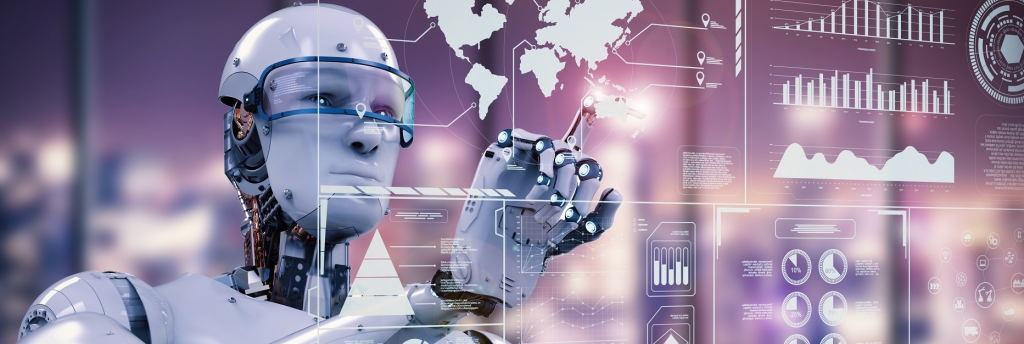The future of work is undergoing a profound transformation, driven by rapid advancements in technology. From artificial intelligence and automation to remote collaboration tools and augmented reality, the digital age is reshaping the way we work and the nature of jobs themselves. This shift is both exhilarating and challenging, with far-reaching implications for individuals, businesses, and society at large. One of the most significant trends in the future of work is the automation of routine tasks. Automation powered by machine learning algorithms and robotics has already begun to replace jobs in sectors such as manufacturing, retail, and customer service. This can be seen as a double-edged sword. On one hand, automation can improve efficiency and reduce costs for businesses. On the other hand, it raises concerns about job displacement and the need for reskilling and upskilling the workforce. As routine tasks become automated, there is an increasing demand for skills that are difficult for machines to replicate, such as critical thinking, creativity, and emotional intelligence. Artificial intelligence AI is at the forefront of the technological revolution, and its impact on the job market is profound.

AI-driven systems can analyze vast amounts of data and perform complex tasks with remarkable accuracy. This has implications for fields like healthcare, finance, and legal services, where AI can assist professionals in diagnosing diseases, making investment decisions, and conducting legal research. While AI can enhance productivity and decision-making, it also raises ethical and social questions regarding bias in algorithms, privacy, and the potential loss of jobs in certain sectors. The rise of remote work, accelerated by the COVID-19 pandemic, has also reshaped the future of work. Companies have discovered that employees can be productive from anywhere, leading to a hybrid work model that combines in-person and remote work. This shift has implications for urban planning, as city centers may evolve to meet changing demands, and for the real estate industry, with potential shifts in office space usage.
Emerging technologies like augmented reality AR and virtual reality VR are transforming job roles in various industries. AR can provide remote technicians with real-time guidance for complex repairs, while VR can be used for immersive training experiences. These technologies have the potential to revolutionize education, as students can participate in virtual classrooms or simulations. However, they also require new skills and infrastructure, raising questions about accessibility and the digital divide. As the future of work unfolds, adaptability and continuous learning will be key attributes for individuals. Lifelong learning and upskilling will become essential to remain competitive in the job market. Employers, in turn, will need to invest in training and development programs to ensure their workforce can thrive in the digital era. Governments and educational institutions will play a crucial role in facilitating this transition by providing accessible education and reskilling opportunities.







